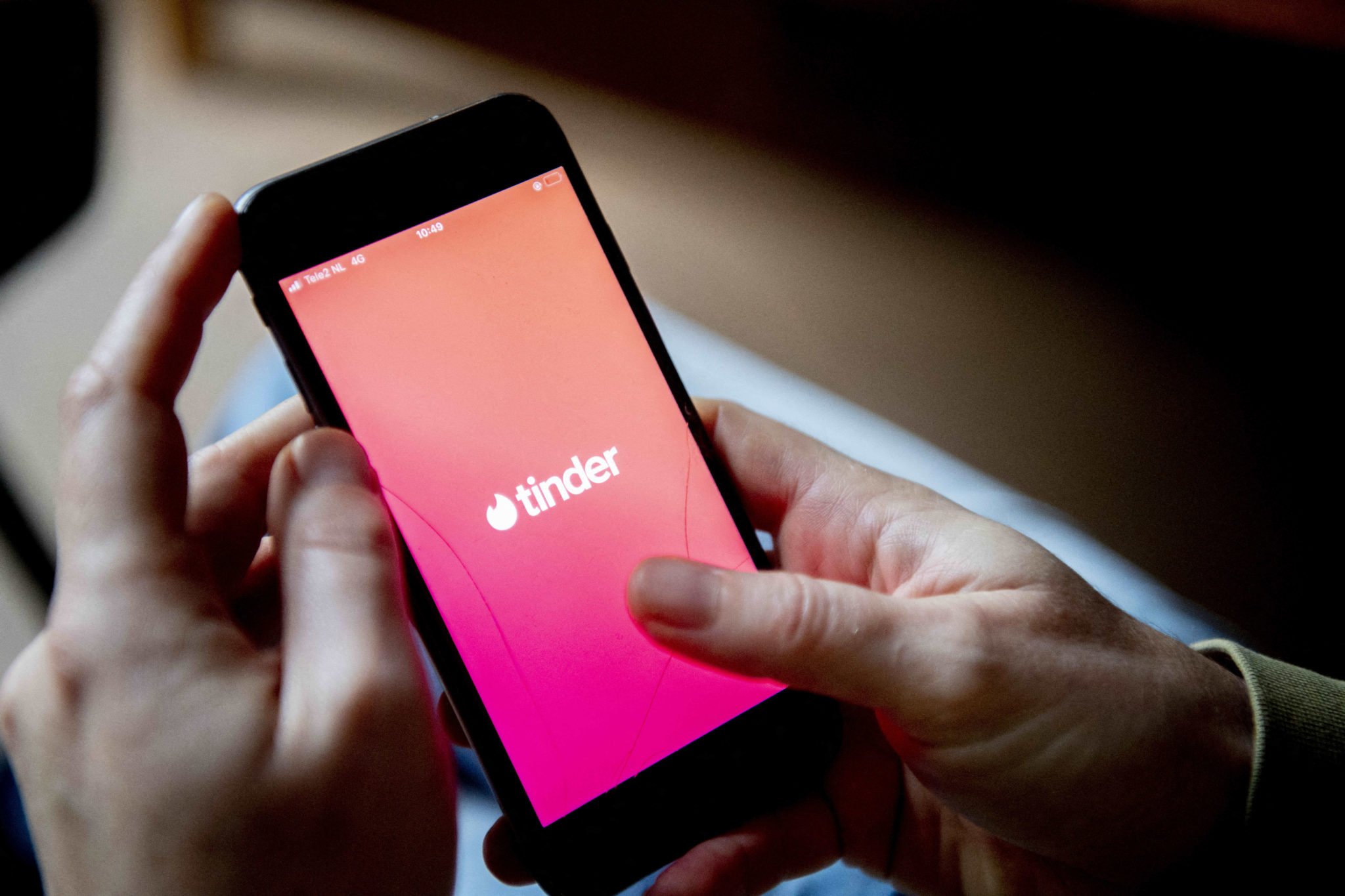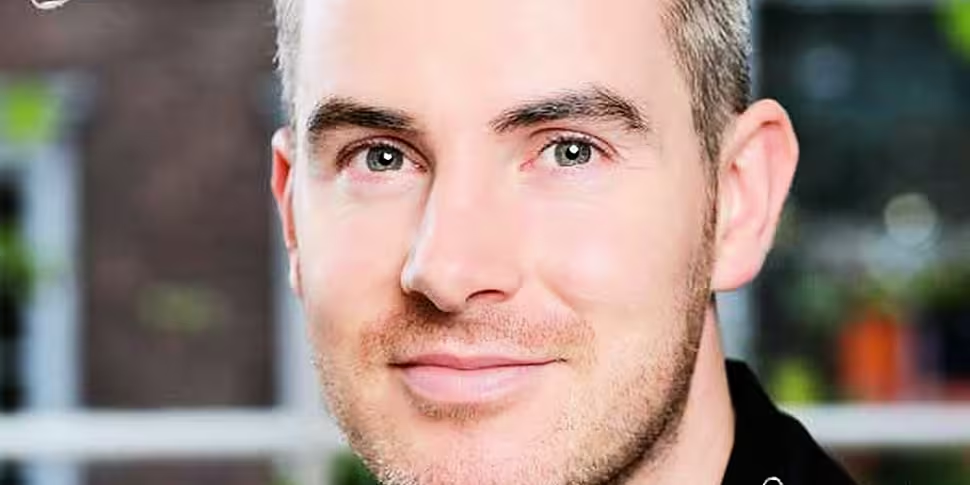The co-founder of a Dublin matchmaking service says they have seen a big rise in stories of catfishing.
Catfishing is when someone sets up a fake online profile to trick people.
Feargal Harrington, co-founder of Intro Matchmaking, says this has also happened to him.
He discovered someone else was using his photo when his neighbour told his wife.
He told Moncrieff the details of the profile were interesting.
"I myself was the victim of identity theft, where we were sitting at home one morning and a neighbour comes knocking on the door and speaks to my wife Rena.
"And says 'I just need to notify you that I've just found Feargal on Tinder - but he's not down as Feargal, he's down as Sean who's 54'.
"I thought at the time 'This is gas, Sean, 54' - I mean my ego was a little bit damaged considering I was not 54.
"It could be innocent... in the sense that it might not be a person who's a predator.
"It could just be someone having a laugh - but at the same time I was thinking 'What if this is an absolute lunatic who is going out there and preying on vulnerable people?'"
Feargal says this has become very common.
"It started the whole conversation within the office about 'My God this is actually way worse than we thought'.
"More and people over the months have been calling us and saying 'This is what happened to me'.
"And it's constant - about 65% to 70% of people who join us now are people who have had horrific experiences online, such as catfishing".
 Illustration of the Tinder online dating app in November 2020. Picture by: Robin Utrecht/ABACAPRESS.COM
Illustration of the Tinder online dating app in November 2020. Picture by: Robin Utrecht/ABACAPRESS.COMAnd he says the reasons for this can be down to ego.
"It's a bit of an immediate ego boost to know that you're getting a few swipes.
"They live vicariously through this person that they assume that identity".
He says he knows of one woman who "adopts 10 different profiles" of both men and women every day "for giggles".
"The reason she does it is because she was approached by a guy who is a widower and said 'Look I haven't been with anybody in three years since my poor wife died'.
"She went to the house, saw pictures everywhere of the family... she went out for lunch next week with her friends.
"The friend's mother was there, and she said 'I know him and I know his kids - I also know his wife and she's not dead'.
"So this guy was claiming to be a widower and he had six women on the go at the same time.
"She decided to retaliate and just get back... the person has sought help since, and is not doing it anymore.
"But if that's just one little example that we know of, and the model for an awful lot of dating apps is advertising.
"And so the more profiles they have the more they can charge Coke or whatever to advertise on it.
"So it almost promotes the fact that there's more and more people that are fictitious - it wants more people on it".
And Feargal says people should always check social media profiles of people they are talking to online.
"Check all social media accounts, make sure they actually have a realistic one.
"If they're not [on social media], OK why not? Give me your story - talk to me about this.
"You'll find them somewhere, they have to have some sort of LinkedIn profile if they're actually a real human being and they're doing something and they work".









